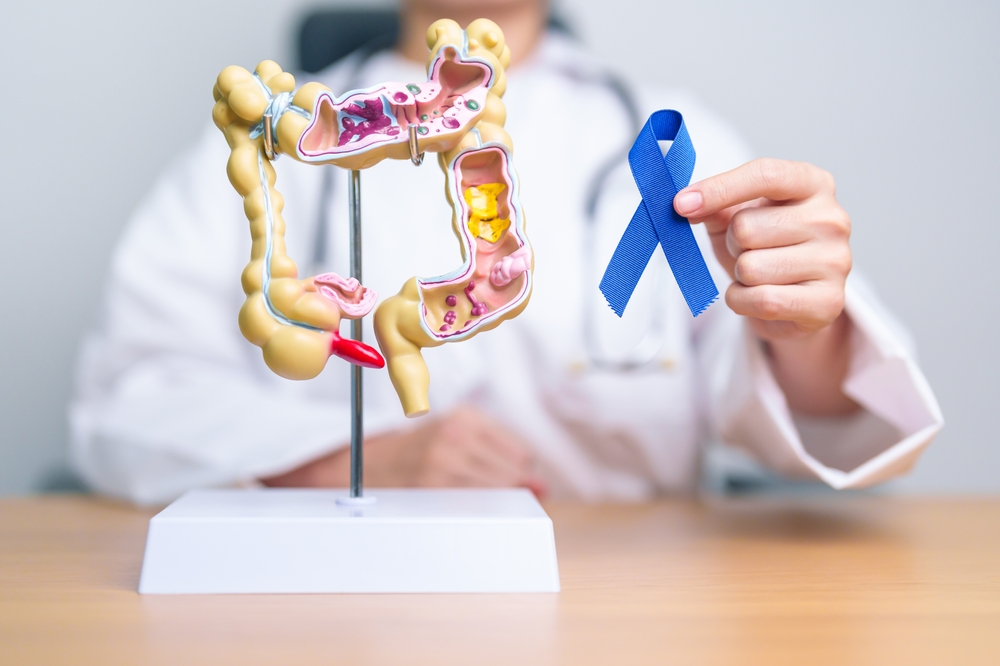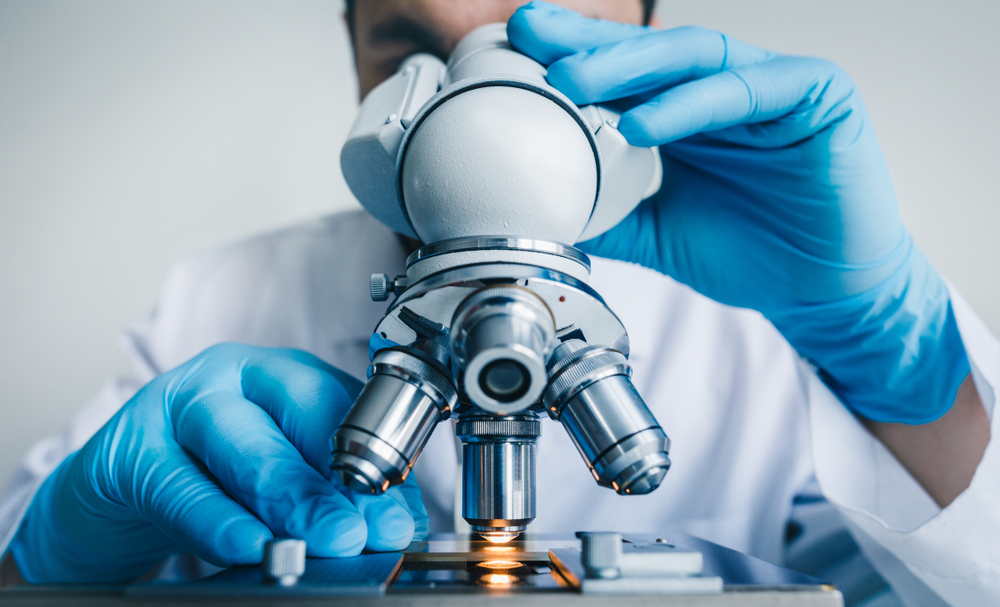For a long time now, colorectal cancer has been seen as a cancer that only older people get. In recent years, however, oncologists have been seeing cases in increasingly younger adults. Scientists are now looking into why this is, and they may have found at least one piece to the puzzle. A recent study has shown a potential link between this surge in bowel cancer among younger people and a bacterial toxin known as colibactin. Could childhood exposure to this toxin be paving the way for colorectal cancer development in early adulthood?
Colorectal Cancer in Young Adults: The Role of Colibactin

Like many cancers, often exposure to triggers and carcinogens at a younger age is what can cause cancer to develop, even decades later. This is what scientists recently discovered about colorectal cancer in younger and younger adults: A link between a toxin exposure during childhood and this deadly disease The research team honed in specifically on colibactin, a bacterial toxin associated with certain strains of Escherichia coli in the gut. This goes a step further than previous studies that linked colibactin to colorectal cancer, as this study was the first to look at the impact in people under the age of 50.
Insights from the Study

By analyzing cancer tissue samples from nearly a thousand individuals across 11 countries, an international team of researchers identified cancer-causing mutations in the DNA genome. Over half of the early-onset cases showcasing damage consistent with colibactin exposure. This is proof of how childhood exposure to carcinogens, in this specific case colibactin, affects our long term health and cancer risk.
“Not every environmental factor or behavior we study leaves a mark on our genome, but we’ve found that colibactin is one of those that can. In this case, its genetic imprint appears to be strongly associated with colorectal cancers in young adults,” senior author Professor Ludmil Alexandrov, from the University of California San Diego, said in a statement. “If someone acquires one of these driver mutations by the time they’re 10 years old, they could be decades ahead of schedule for developing colorectal cancer, getting it at age 40 instead of 60.”
Read More: More and More Young People Are Getting Early-Onset Colorectal Cancer. Here’s What You Should Know.
Early Exposure and Cancer Risk

It is this early exposure – within the first decade of life – that is one of the key revelations from this study. The research team has found that childhood infections from E.Coli may trigger the production of colibactin, leading to DNA damage in the bowel that increases the risk of cancer later in life. This is even after the toxin has dissipated.
“These mutation patterns are a kind of historical record in the genome, and they point to early-life exposure to colibactin as a driving force behind early-onset disease,” saidsaid Alexandrov.
Implications for Cancer Development

This link between colinactin and colorectal cancer is important for assessing the risk of someone developing colon cancer at a younger age. Colibactin-related DNA mutations were found to be significantly more prevalent in younger adults diagnosed under the age of 40, compared to older individuals diagnosed at 70 or above. These findings suggest that early acquisition of driver mutations due to colibactin exposure could accelerate the development of colorectal cancer, potentially causing individuals to develop the disease decades earlier than expected.
“When we started this project, we weren’t planning to focus on early-onset colorectal cancer,” said study co-first author Marcos Díaz-Gay, a former postdoctoral researcher in Alexandrov’s lab. “Our original goal was to examine global patterns of colorectal cancer to understand why some countries have much higher rates than others. But as we dug into the data, one of the most interesting and striking findings was how frequently colibactin-related mutations appeared in the early-onset cases.”
Beyond Bacteria: Other Contributing Factors

It’s important to recognize that colibactin exposure still isn’t the only piece to the colorectal cancer puzzle. There is a growing body of evidence that shows the impact of diet and lifestyle on bowel cancer diagnosis, which is also contributing to the increase in diagnoses in young people. The consumption of ultra-processed foods, excessive sugary drinks, and alcoholic beverage consumption are all risk factors for bowel cancer. This is also a study done in the United States – the researchers have explicitly stated that this new discovery may not extend across borders. Other countries may have other toxins that increase cancer risk that are different from colibactin. Still, it may encourage researchers to get more specific when studying cancer rates in their country to find some of the more specific drivers of the disease. This information may also encourage those who have been exposed to colibactin to speak to their doctor about getting screened for colorectal cancer earlier than the usual start time for it.
Read More: 21-Year-Old Woman Diagnosed with Cancer Given Days to Live After Ignoring Early Warning Signs
Future Research and Preventive Strategies

As scientists continue to unravel the complexities of colibactin’s role in colorectal cancer development, there is a pressing need for further research to investigate protective measures against this bacterial toxin and to unravel the country-specific factors influencing cancer risk. With the potential for region-specific prevention strategies, researchers are hopeful that enhanced understanding of the interplay between colibactin, DNA damage, and lifestyle factors may offer new avenues for combating the rising tide of colorectal cancer in younger populations. In the meantime, there’s one thing we know is within our control: Living a healthy lifestyle and watching for colorectal cancer symptoms. Prevention as well as early intervention are key to better outcomes.
Disclaimer: This information is not intended to be a substitute for professional medical advice, diagnosis or treatment and is for information only. Always seek the advice of your physician or another qualified health provider with any questions about your medical condition and/or current medication. Do not disregard professional medical advice or delay seeking advice or treatment because of something you have read here.
Read More: Colorectal Cancer Specialist Reveals 5 Things They’d Never Do

